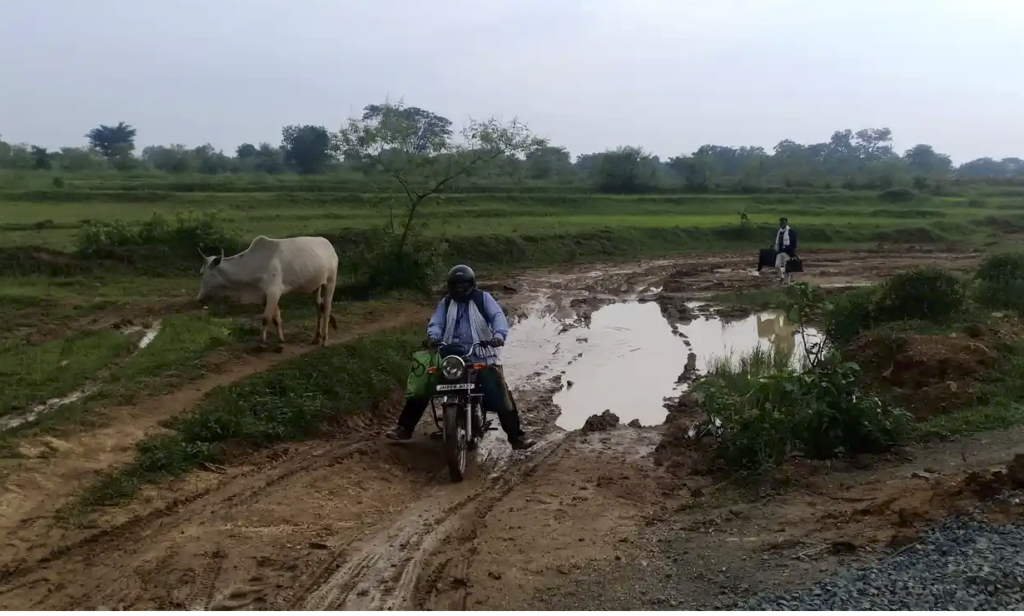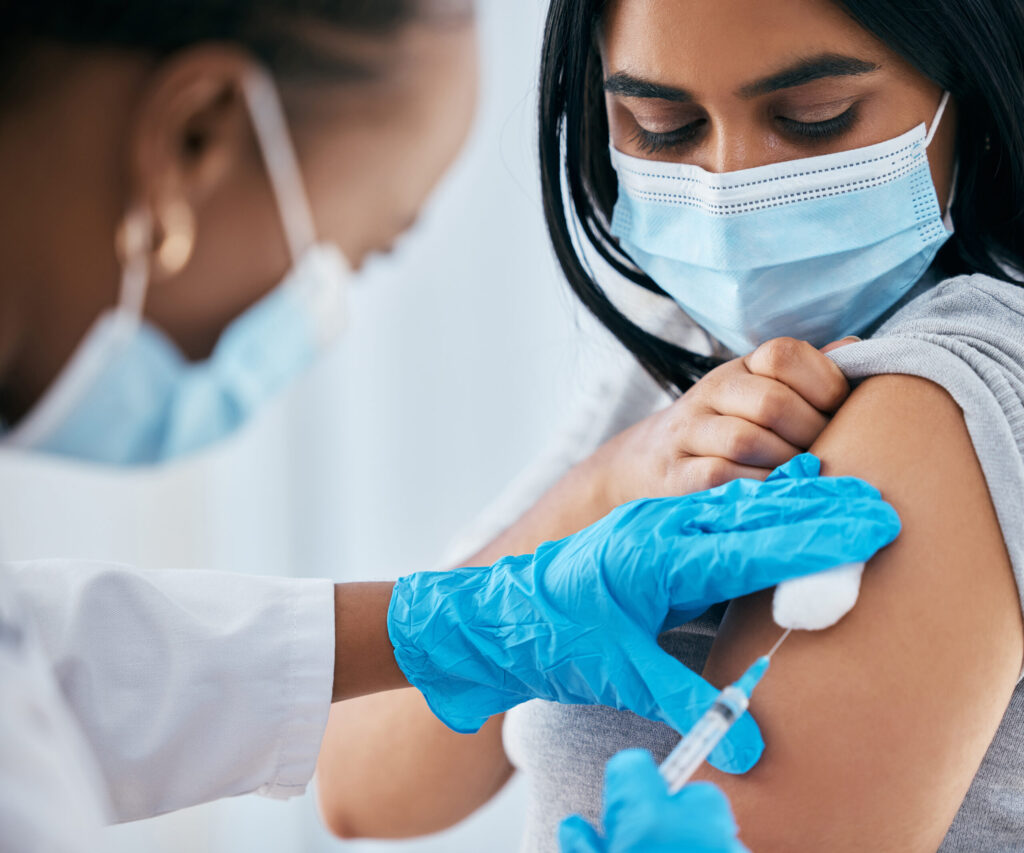- In a new trial in rural India, giving people with tuberculosis (TB) simple food packages and vitamin pills helped them to gain weight while on treatment — and made their chance of dying from the disease drop by 60%.
- Eating healthy food often helped three-quarters of patients being able to go back to work after their treatment course. Before, only three out of 100 people could do everyday activities.
- The Indian government gives TB patients about R115 a month to help them buy healthy food. Is it a solution to help curb TB deaths?
Infectious, deadly and long associated with poverty, tuberculosis (TB) causes weight loss, while poor diets increase the likelihood of developing the disease. Now, a study in India has found that improved nutrition can cut the risk of death by 60% and reduce the chances of infection within families by about 40%.
India has the highest burden of TB and TB deaths globally and has launched an ambitious plan to reduce incidence and death rates by 80% and 90%, respectively by 2025.
The trial, called Rations (Reducing Activation of Tuberculosis by Improvement of Nutritional Status), is the largest so far to provide evidence that good nutrition improves TB treatment rates and prevention. It was supported by the Indian Council of Medical Research.
Dr Anurag Bhargava, a physician and epidemiologist at Yenepoya Medical College in Mangalore, said that while earlier, smaller studies had indicated a link between better nutrition and reduced mortality, the results were not conclusive.
[WATCH] How to use pills to prevent TB
“This is the first trial globally for the prevention of TB in family members by nutritional supplementation,” said Bhargava, who led the project with his wife, Madhavi, a surgeon turned public health specialist. They started the three-year study involving more than 10 000 people in 2019, travelling to remote, often hard-to-reach villages in Jharkhand state.
Good food, better health
Family members of someone with infectious TB were given a monthly food basket of 5kg of rice, 1.5kg of pulses and micronutrient pills for six months. In the following two years, researchers found incidences of TB had reduced by between 39% and 48% compared with people not receiving the extra nutrition.
TB patients received a monthly 10kg food basket consisting of rice, milk powder, oil, pulses and multivitamins, which, along with their regular TB drugs, saw treatment rates improve. The trial found that a 5% weight gain from the food basket in the first two months of treatment reduced the chance of death by 60%.
About 75% of patients reported the ability to return to work at the end of the course of treatment. The study also recorded about double the weight gain among patients compared with those who didn’t receive nutritional supplements.

More than 80% of patients in the Rations study were underweight at the outset, nearly half were severely underweight and almost 3% were able to do normal activities.
The couple said early intervention to improve nutrition is important as many TB patients die in the two months after contracting the disease. Many experts assume weight gain is a natural result of TB treatment, but this may not happen in areas of food insecurity, as seen in a recent study.
The evidence from the trial provides an important tool in India’s fight against TB.
Baskets of care
Since 2018, the government has given TB patients 500 rupees [about R115] a month to help them pay for a more nutritious diet. It also launched a new programme last September urging companies, NGOs and members of the public to “adopt” a TB patient and send them a parcel of nutrient-rich food every month.
For the Bhargavas, these initiatives are a positive step, but they worry there are not enough donors to cover all TB patients, and how regularly the food parcels arrive.
From their experience, nutritional support has to be timely. During the COVID pandemic in 2020, the field team continued to deliver food baskets to villages despite disruption to supplies and transport.
“In some areas, frightened villagers erected barricades to stop outsiders coming in and spreading the virus. Field workers had to call the family out to the barricade to give them the parcel,” said Madhavi.
“But our workers were amazing. No one wanted to leave any family in the lurch. Not one delivery was missed even though the field staff were nervous themselves about the virus.”
This article was originally published by The Guardian’s global development project — part of Guardian News & Media Ltd.
Amrit Dhillon is a freelance journalist based in New Delhi.




